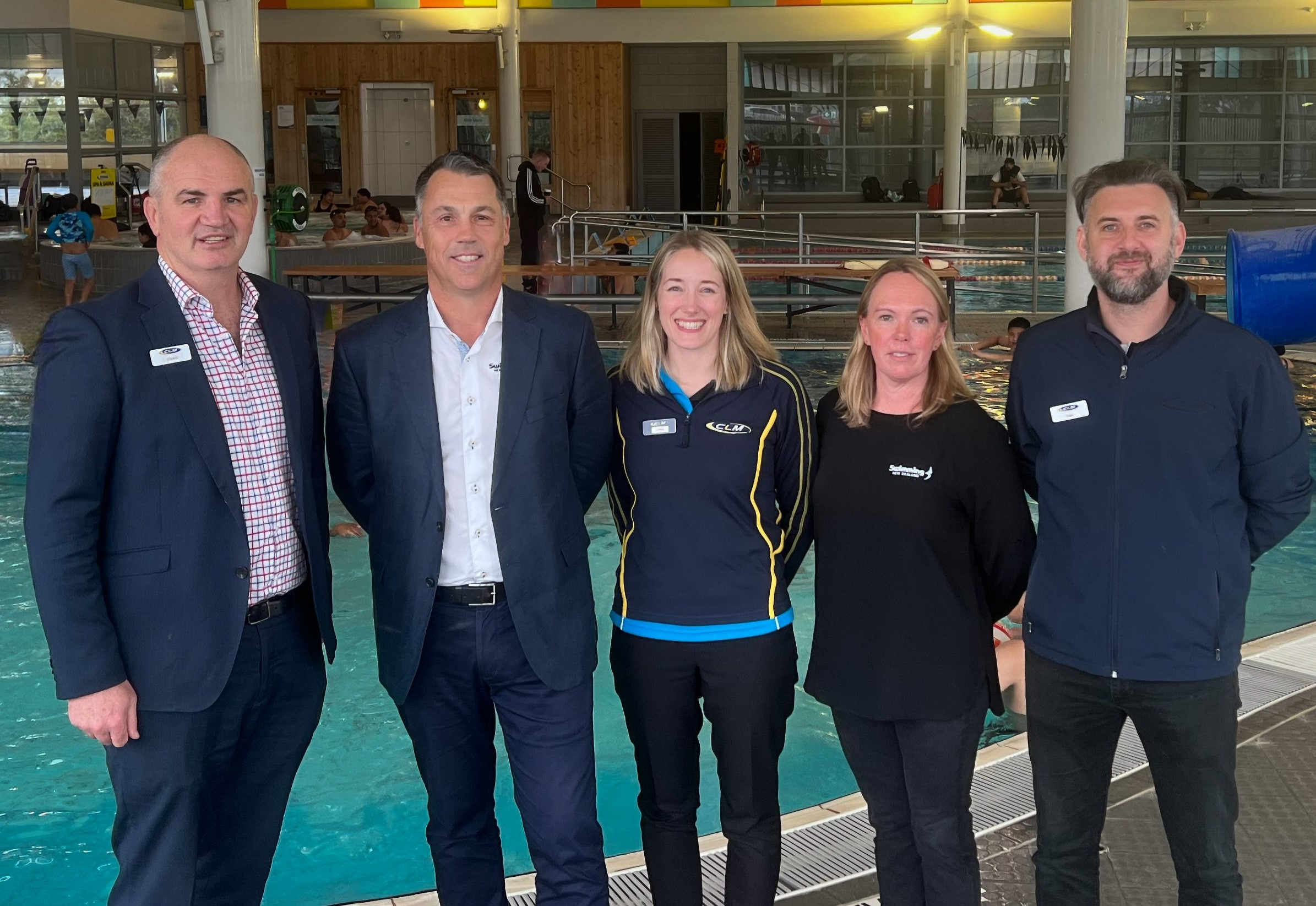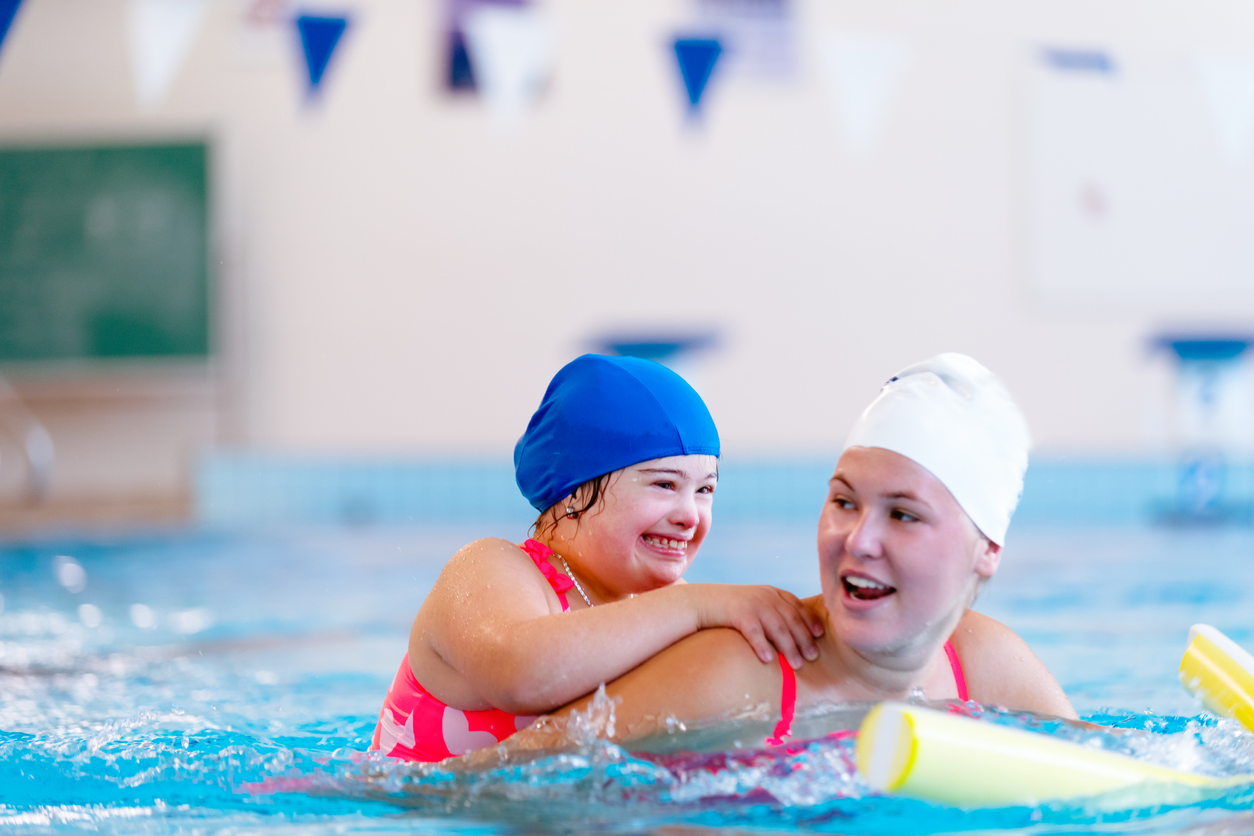Refugees Overcome Obstacles to Learn Lifesaving Skills

Refugees Overcome Obstacles to Learn Lifesaving Skills
A specialised programme is equipping refugees with the swimming skills they need to be safe in the water.
SwimMagic teachers at the Lido Aquatic Centre in Palmerston North have been working with a group of students from the Karen Community, who range in age from two years old through to adults.
Originally from the Karen state in Myanmar, the refugees had little experience around pools or waterways before immigrating to New Zealand. Despite some nerves and limited English, they’ve come a long way since they started in May, says swim school coordinator Carly Pihama.
“A lot of them have progressed one or two levels up. Many of them were afraid to put their face in the water when they started, and now they’re kicking, learning freestyle and lying on their back. It’s great to see.”
The swimming lessons are in response to the deaths of two members of their community who drowned in the Manawatu River last year. Mu Mu, 27, died while trying to save her friend, Blae Ler Paw, 11, who had entered the water and become distressed.
The tragedy prompted members of the Karen Community to take swimming lessons to gain confidence, awareness of risks around water, and lifesaving skills. “The drownings really opened their eyes about what they needed to learn,” says Pihama.
Staff initially held an open day for the group, to assess their swimming levels and help them become comfortable in the facility. As part of the day, they offered an aqua aerobics class to add some fun and give students an introduction to being in the water - a first for many of them.
Two translators from the community have been on-hand to assist with lessons, but over time they have been needed less and less as the teachers and students have found their own ways to communicate.
Members of the community who have a higher level of English fluency help to translate instructions for the others. Swimming teachers have also picked up words from the Sino-Tibetan language the students speak, to assist with communication during lessons. In addition, teachers use a lot of demonstration to model instructions so the students have a clear understanding of what to do. Over time, a lot of the instructors have bonded with their students, further improving communication during lessons, says Pihama.
The Karen Community students have been attending weekly lessons with SwimMagic and are due to finish this month. Their progress, in spite of language and cultural differences, proves these don’t need to be barriers to learning to swim.
Water safety awareness and swimming skills are vital in New Zealand and Pihama urges anyone considering lessons to give it a try. “Don’t be hesitant. Getting into trouble in the water can happen to the best of us. It doesn’t matter where you’re from or what language you speak - we can help.”



More News

SwimMagic Race Carnivals
At SwimMagic each year we run free fun race carnivals as a fun introduction to competitive swimming in a relaxed environment.

CLM's SwimMagic proud to be inaugural Swimming New Zealand Registered Swim School
The swimming NZ Registered Swim School Programme has been developed to provide swim school operators with an industry recognised accreditation that signals their acceptance and achievement of a set of standards.

Swimming Lessons for Children with Additional Needs
If you’re the parent of a child who struggles in group lessons, is easily overstimulated, has sensory issues, is fearful of water or has other specialist needs when it comes to learning to swim, this blog is for you.